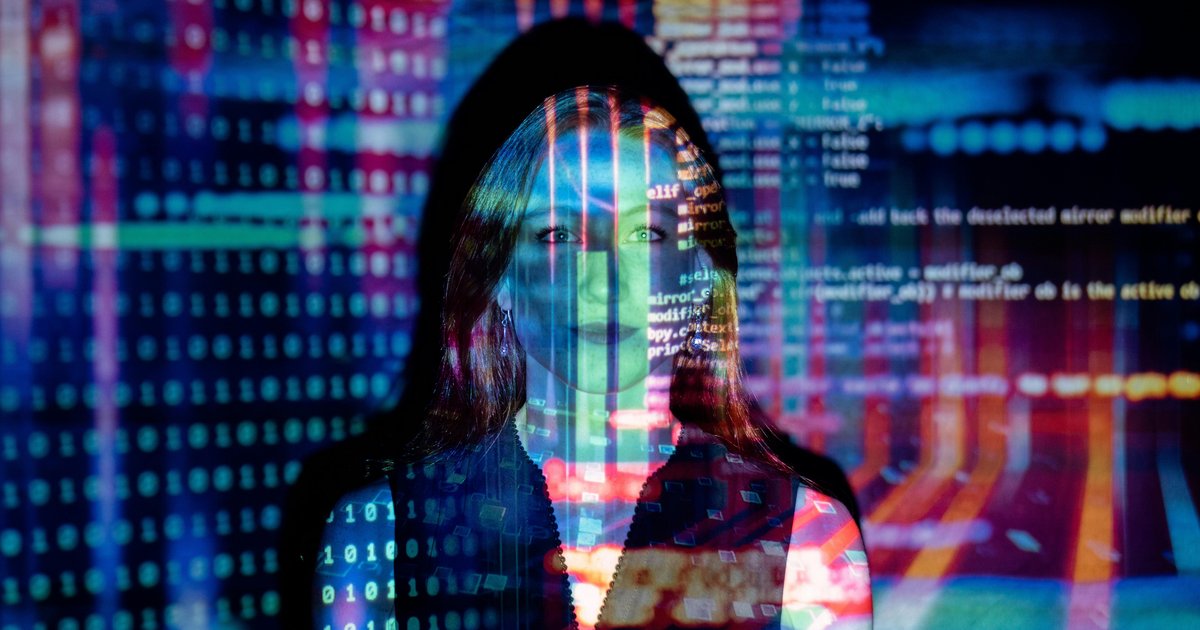Entertainment
Entertainment Industry Rallies to Ban Harmful AI Deepfakes

AI continues to rapidly advance, with numerous key industries now having to confront the technology as an inevitability. Like other business sectors, the entertainment industry has started to use AI to enable companies to better tailor their content to suit their audiences.
Businesses can harness natural language processing (NLP) algorithms to analyse social media trends to gauge public opinion and reaction to specific content, including films, TV shows or events.
Famously, the technology can also be leveraged in film editing and CGI generation to create special effects and virtual actors for example.
However, if used maliciously, AI can cause harm to and within the film industry. There has been recent renewed interest in both state and federal legislation, with SAG-AFTRA continuing to push for law in the wake of high-profile deepfake controversies implicating well-known public figures like Taylor Swift, for example.
Confronting malicious AI
To protect a person’s digital likeness, the No Fakes Act aims to introduce a “digital replication right” that offers individuals exclusive control over the use of their voice or visual likeness in digital replicas.
This proposed legal right would extend 10 years after the person dies, or can be inherited after death and last up to 70 years after a person’s death.
A digital replica is defined by the bill as a “computer-generated, highly realistic electronic representation that is readily identifiable as the voice of visual likeness of an individual.” This then offers the individual the “right to authorise the use of the voice or visual likeness of the individual in a digital replica.”










